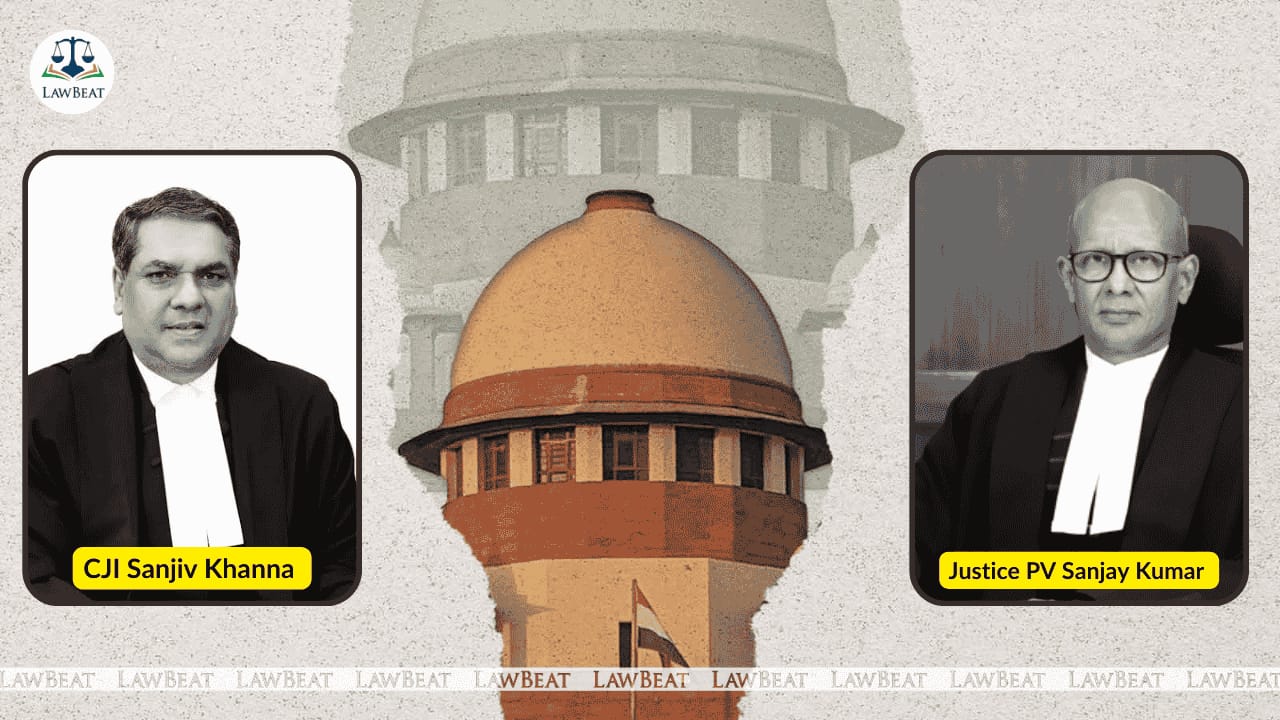Supreme Court registers suo moto case on adverse effects of stay order on criminal trials

In a different case, Solicitor General Tushar Mehta had highlighted before Supreme Court instances where contempt cases were filed against judges, for not resuming trials, suggesting that the solution might be more severe than the underlying issue of delayed justice
The Supreme Court on 4th of December initiated a suo motu case concerning the delay in criminal trials owing to stay orders granted by appellate courts.
Instant case has been titled as "IN RE: ADVERSE EFFECT OF STAY ORDERS GRANTED BY APPELLETE COURTS ON THE PACE OF TRIALS, DESPITE PARAMETERS FOR GRANT OF SUCH STAYS, LAID DOWN BY THIS HON'BLE COURT".
A bench of Chief Justice of India Sanjiv Khanna and Justice Sanjay Kumar will hear the suo motu case on Monday i.e., December 9, 2024.
The issue of delays in conduction of trials has been raised by the top court time and again. Just recently as the Supreme Court granted bail to Tamil Nadu's former minister V Senthil Balaji in a money laundering case, it observed that inordinate delay in the conclusion of the trial and the higher threshold for the grant of bail cannot go together.
Earlier this year, a five-judge bench of the Supreme Court today held that a stay order granted in civil and criminal cases by the trial court and High Court does not automatically lapse after six months. With this view, the top court had reversed the 2018 judgment of Asian Resurfacing of Road Agency vs. Central Bureau of Investigation which had directed every order of stay in a civil or criminal trial would have a maximum life of six months.
